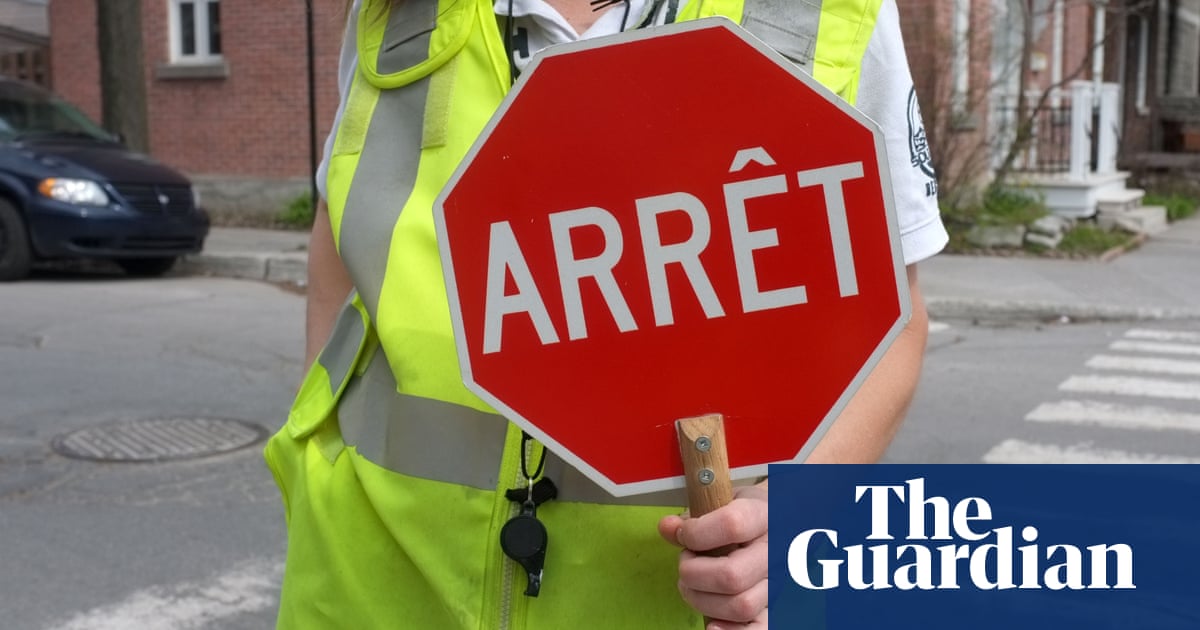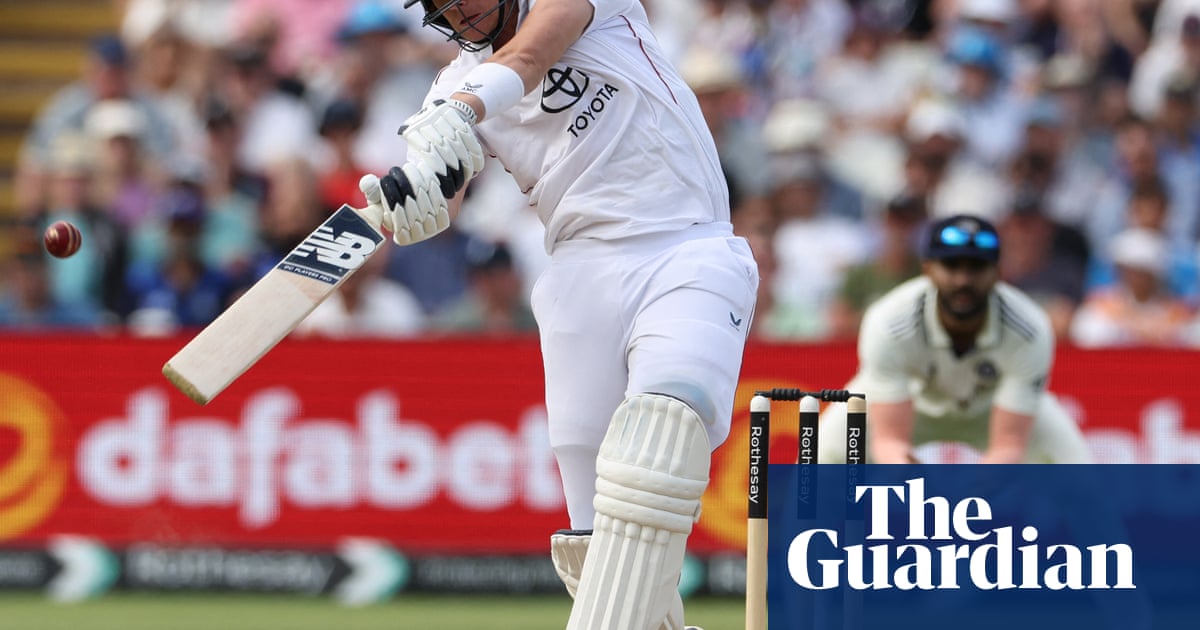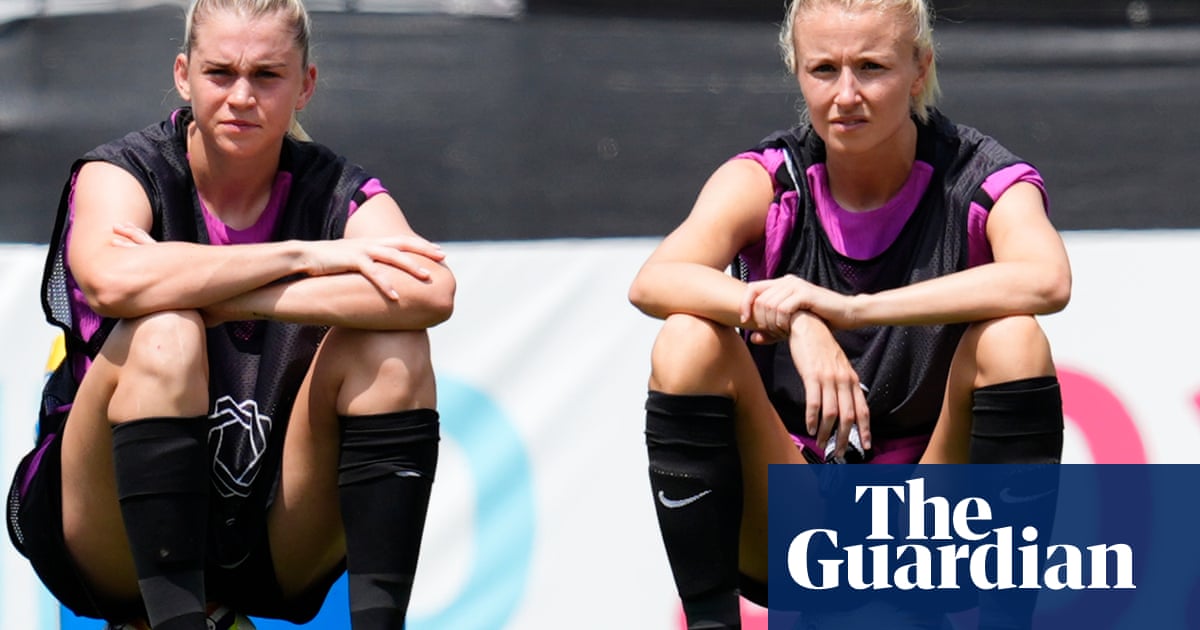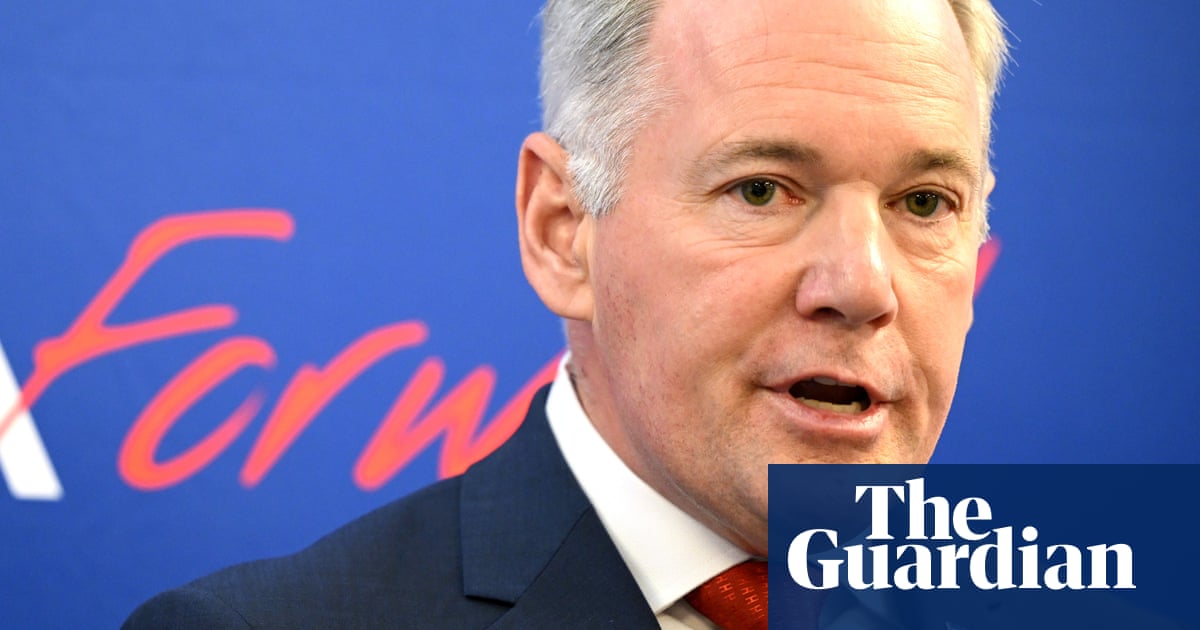Rachel Reeves has said it is impossible for her to rule out tax rises in the autumn budget and insisted she never thought about quitting despite a turbulent week for her and the government.
In an interview with the Guardian, the chancellor said “there are costs” to the watering down of the welfare bill and acknowledged it had been a “damaging” week for Downing Street.
The chancellor’s tears in the Commons on Wednesday spooked the financial markets and raised questions about her future in the job, but No 10 quickly weighed in behind her, saying she and the prime minister were in lockstep.
Reeves said she had never considered resigning her position, despite being the focus of some Labour backbench anger over her handling of the economy, saying: “I didn’t work that hard to then quit.”
She said she regretted going into prime minister’s questions in tears after a “tough day in the office” but hoped that people “could relate” to her distress.
“It was a personal matter but it was in the glare of the camera. And that’s unfortunate, but I think people have seen that I’m back in business and back out there,” she said.
“I went to prime minister’s questions because I thought that was the right thing to do, because that’s where I always am at lunchtime on a Wednesday. You know, in retrospect, I probably wished I hadn’t gone in … [on] a tough day in the office. But, you know, it is what it is. But I think most people can relate to that – that they’ve had tough days.”
Her challenging moment in parliament came in the same week that a backbench rebellion forced the government to drop key welfare cuts, which leaves Reeves with a £5bn black hole to fill in the country’s finances.
“It’s been damaging,” she admitted. “I’m not going to deny that, but I think where we are now, with a review led by Stephen Timms [a work and pensions minister], who is obviously incredibly respected and has a huge amount of experience, that’s the route we’re taking now.
“That’s the right thing to do. It is important that we listen in government, that we listen to our colleagues and listen to what groups outside are saying as well.”
Timms is working with disability groups to reform the personal independent payments (Pip) system, which had been the target of government cuts until the huge backbench rebellion drove the government to drop them.
Reeves said the government had learned lessons about bringing MPs and the country along with them in the run-up to what is widely expected to be a difficult budget this autumn ahead.
“As we move into the budget for the autumn, I do want to bring people into those trade-offs,” she said.
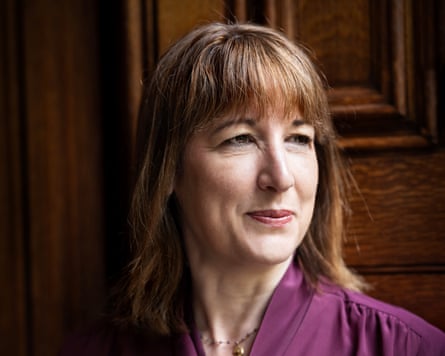
Asked whether she was prepared to rule out tax rises, she said: “I’m not going to, because it would be irresponsible for a chancellor to do that. We took the decisions last year to draw a line under unfunded commitments and economic mismanagement. So we’ll never have to do something like that again. But there are costs to what happened.”
While tax rises could be on the table, Reeves signalled that her fiscal rules would remain and that “we’ll continue to keep that grip on the public finances”. But she stressed the need to accompany this with a strong explanation of how the Treasury’s choices fit with Labour values.
“I’m not going to apologise for making sure the numbers add up,” she said. “But we do need to make sure that we’re telling a story, and a Labour story. We did that well in the budget and the spending review, we increased taxes on the wealthiest and businesses. In the budget last year, I made it really clear that priorities in that budget were to protect working people, to invest in the NHS and to start rebuilding Britain.”
Some within government and the Labour party have been pushing for either a reconsideration of the fiscal rules or rethinking the remit of the Office for Budget Responsibility, which produces two forecasts and rulings a year on whether the rules have been met.
Asked whether she would consider one forecast instead of two, Reeves said: “We are looking at how the OBR works, but I think it is really important to have those independent economic institutions, because if you start undermining those … and getting rid of the checks and balances on a government, I do think that is risky. But the International Monetary Fund have made some recommendations about how to deliver better fiscal policymaking. And obviously I take those seriously.”
The IMF has suggested that while the OBR could still produce two forecasts, it could be possible to only have one annual assessment of whether the chancellor is hitting her fiscal rules. However, government sources suggested that any changes could be more along the lines of more regular exchange of information to reduce last-minute changes like those in the spring statement.
Reeves also spoke of her drive to reduce child poverty but she would not be drawn on whether she would lift the two-child benefit cap. Keir Starmer has said the government “will look at it” but experts have warned it could be more difficult given the hole left by the U-turn on the welfare cuts.
The chancellor said she wanted to reduce child poverty but was “not wedded to any specific policy”, adding: “I think people can see how serious I am about making sure that all good kids get a good start in life by what we did in the spending review just a few weeks ago.”

 5 hours ago
1
5 hours ago
1





